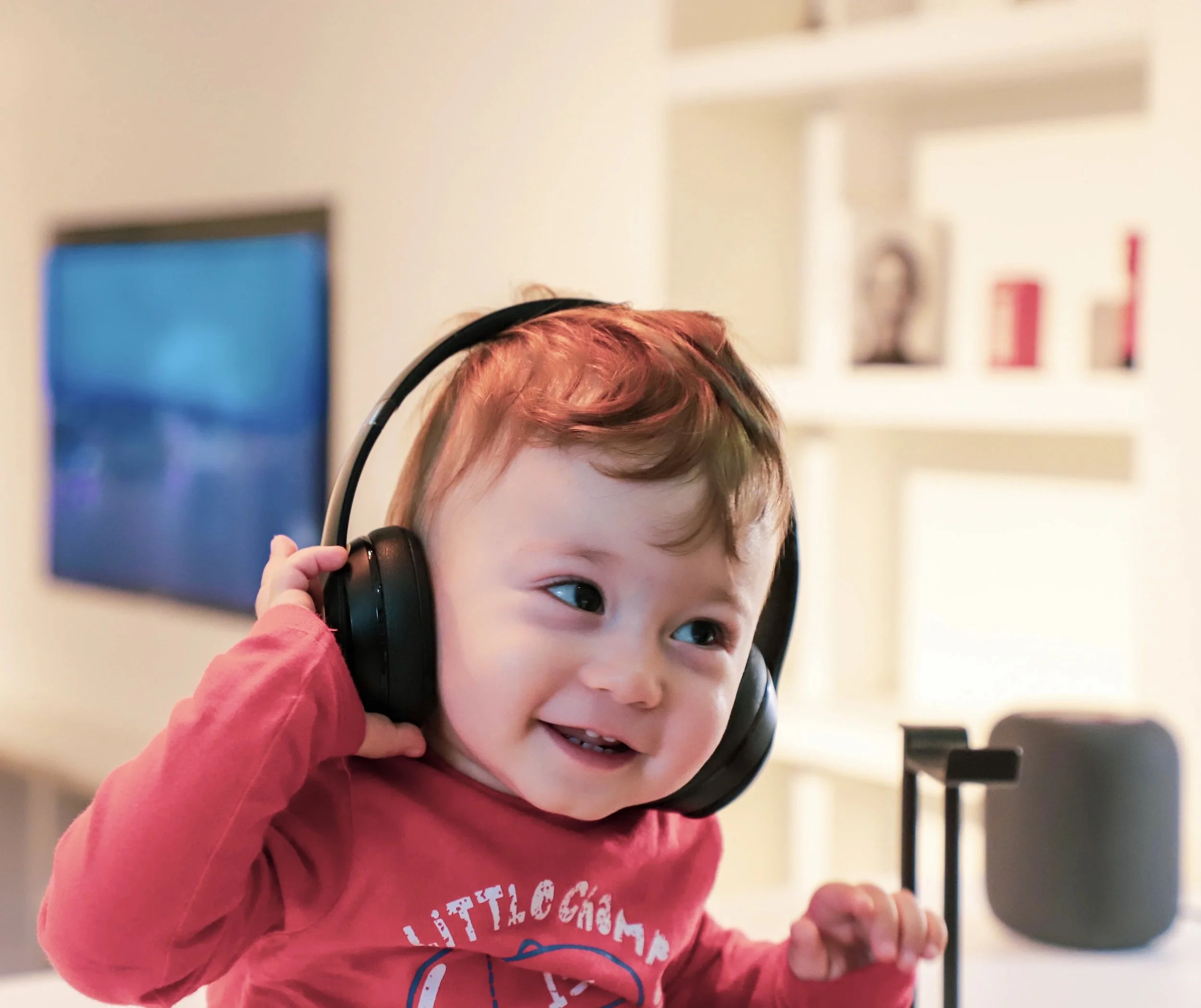General Information:
Music therapy is a specialized healthcare profession that uses music to address physical, emotional, cognitive, and social needs of individuals of all ages. It is delivered by trained and certified music therapists who use various musical interventions to achieve therapeutic goals. AT THIS EVENT WE WILL…..
Meeting Dates and Times:
1/12/23 and 1/26/23 6:45PM
Free Event, No registration Required
Location:
Star Center Foundation
835 Sharon Dr. Suite 280 Westlake, OH 44145
How music therapy benefits patients:
Emotional Expression and Regulation: Music provides a non-verbal means of expressing emotions that may be difficult to articulate. It can help individuals process and release emotions, reducing stress and anxiety.
Pain Management: Music therapy can be effective in managing pain perception, helping patients relax and diverting their attention away from discomfort. It may reduce the need for pain medication in some cases.
Stress Reduction: Listening to calming music or engaging in music-making activities can reduce stress and promote relaxation. Deep breathing techniques combined with music can help regulate the body's stress response.
Cognitive Enhancement: Music therapy can improve cognitive functions such as memory, attention, and problem-solving skills. It is often used in rehabilitation settings for individuals with brain injuries or neurodegenerative diseases.
Social Connection: Group music therapy sessions encourage social interaction, communication, and bonding among participants. It can be particularly beneficial for individuals with autism, social anxiety, or loneliness.
Motor Skills Improvement: Music therapy can help improve motor coordination and fine motor skills through activities like playing instruments or dancing. It is useful for rehabilitation in individuals recovering from physical injuries or surgeries.
Speech and Language Development: Singing and rhythmic activities can aid in speech and language development for individuals with communication disorders. Music therapy can help increase vocalization and language skills in children with autism or developmental delays.
Enhanced Quality of Life: For individuals facing chronic illnesses or end-of-life care, music therapy can enhance their overall quality of life by providing comfort, emotional support, and a sense of dignity.
Behavioral Modification: Music therapy can be used to manage and modify behaviors in individuals with behavioral disorders or mental health conditions. It can help reduce aggression, agitation, and hyperactivity.
Improved Mood and Motivation: Music has the power to uplift spirits, increase motivation, and boost self-esteem. It can be especially beneficial for individuals dealing with depression or mood disorders.

